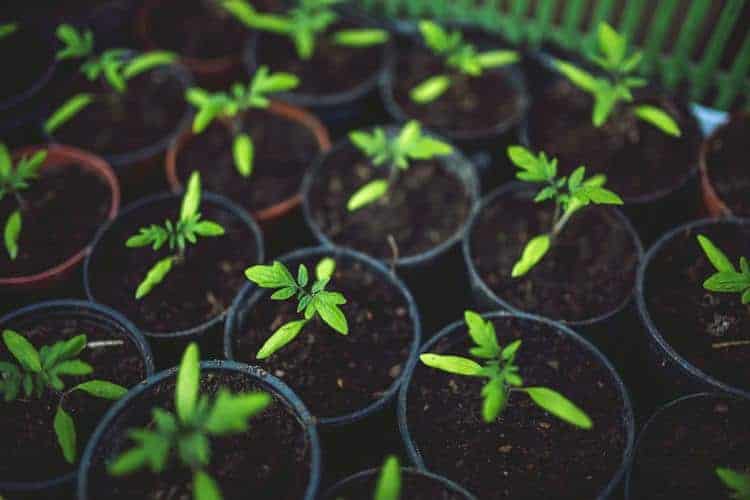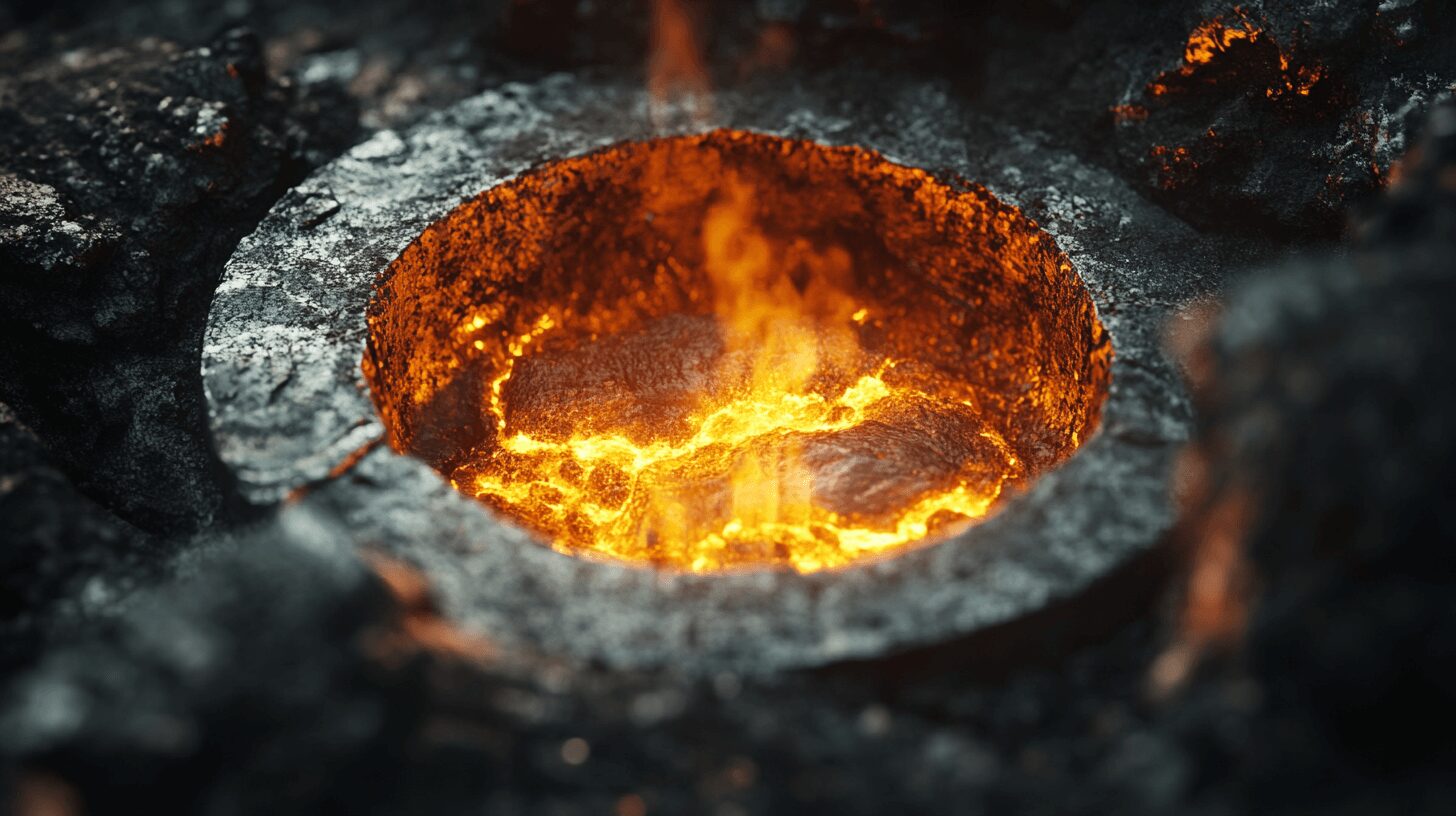
You Need to Understand the Remarkable Importance of Environmental Science
January 11, 2019 - Emily Newton
Revolutionized is reader-supported. When you buy through links on our site, we may earn an affiliate commission. Learn more here.
Have you seriously considered the importance of environmental science?
We only have one planet to call home for the foreseeable future, and the way we’ve treated it thus far is just short of appalling. Environmental scientists are quickly becoming some of the most critical people on the planet, for their work in conserving and preserving our home. Why is environmental science so important, and what do you need to know about it?
What Is Environmental Science?
Before you can learn what is so crucial about environmental science, it helps to understand what it is. This particular brand of science is “a branch of biology that focuses on the study of relationships in the natural world.” It also includes studies of how organisms interact with their ecosystems.
As much as we would like to believe we are above it all, humans are nothing more than organisms that happen to call this planet home. The things we do and the choices we make affect not only our environment, but the ecosystems of plants and animals throughout the planet.
Studying bacteria, plants and animals might not seem exciting, but it’s quickly becoming one of the essential branches of science because of the damage we’ve done to the planet.
The History of Environmental Science
Environmental science is not a new field. As a species, our concern about our impact on the environment reaches as far back as the 16th century. Historical manuscripts dating back to 1798 have all outlined — based on the technology of the era — what would happen if excessive human growth and resource consumption continued. Thomas Malthus wrote his “Doctrine of Popular Growth and Resource Scarcity” in 1798. Fifty years later, John Stewart Mill published his “Theory of the Steady Estate of Economy,” which warned against overconsumption.

The government didn’t get involved in environmental science and conservation until the 20th century. Greenpeace opened its doors in 1969, which prompted the EPA to pass things like the Clean Air Act of 1970 and the Clean Water Act of 1972.If we’ve known about these problems with the environment for centuries, how did we let it get this bad?
Branches of Environmental Science
Environmental science comes into play in nearly every field, from geography and zoology to physics and geology. It has also branched off into two other related areas — environmental studies and environmental engineering.
Environmental studies is a branch of social studies that homes in on the way humans interact with their environment. Environmental engineering, on the other hand, focuses on finding new and innovative ways to fix the problems we’ve created. This brand of engineering shines a spotlight on finding and creating solutions to help us restore the planet and repair the damage we’ve already done.
The Importance of Environmental Science
Now that you know what it is, why is environmental science so crucial to our future?
It all comes down to the damage humans have done to the planet during our time here. Environmental engineers are coming up with new solutions every day, but these usually take place on a larger scale. What can you do, as an individual or a family, to help protect the environment and make sure our planet remains habitable for future generations?
Even small changes can make a big difference if enough people do them. You don’t need to turn your entire lifestyle on its ear or empty your bank account to have an impact. Start by looking at what goes on in your home. For example, water scarcity is a growing problem in many parts of the world, but many people still treat the water coming from their tap as an infinite resource. Switch to low-flow fixtures and toilets throughout your house. You’ll even get the same water pressure, thanks to aerators in the accessories, but will use half as much water when you shower, brush your teeth or flush the toilet.
Decreasing your home’s energy use can help you reduce the size of your carbon footprint, since most of the power in the United States and around the world comes from burning oil, coal or other fossil fuels. Swap out your home’s incandescent light bulbs with LEDs, turn off any lights or appliances you aren’t using and keep your thermostat turned up in the summer and down in the winter. In warm weather, don’t set your HVAC system below 78 degrees Fahrenheit, and in colder months, keep it no higher than 68.
Environmental science is no longer a discipline on the fringes of the scientific community. What these scientists discover could have a direct impact on our survival as a species. We all need to work together to reduce our impact on the planet and repair the damage we’ve already done. The importance of environmental science has been on our minds for centuries, but now that we’ve started to reap the damage we’ve sown in the past, it’s becoming more vital than ever.
Revolutionized is reader-supported. When you buy through links on our site, we may earn an affiliate commission. Learn more here.
Author
Emily Newton
Emily Newton is a technology and industrial journalist and the Editor in Chief of Revolutionized. She manages the sites publishing schedule, SEO optimization and content strategy. Emily enjoys writing and researching articles about how technology is changing every industry. When she isn't working, Emily enjoys playing video games or curling up with a good book.







